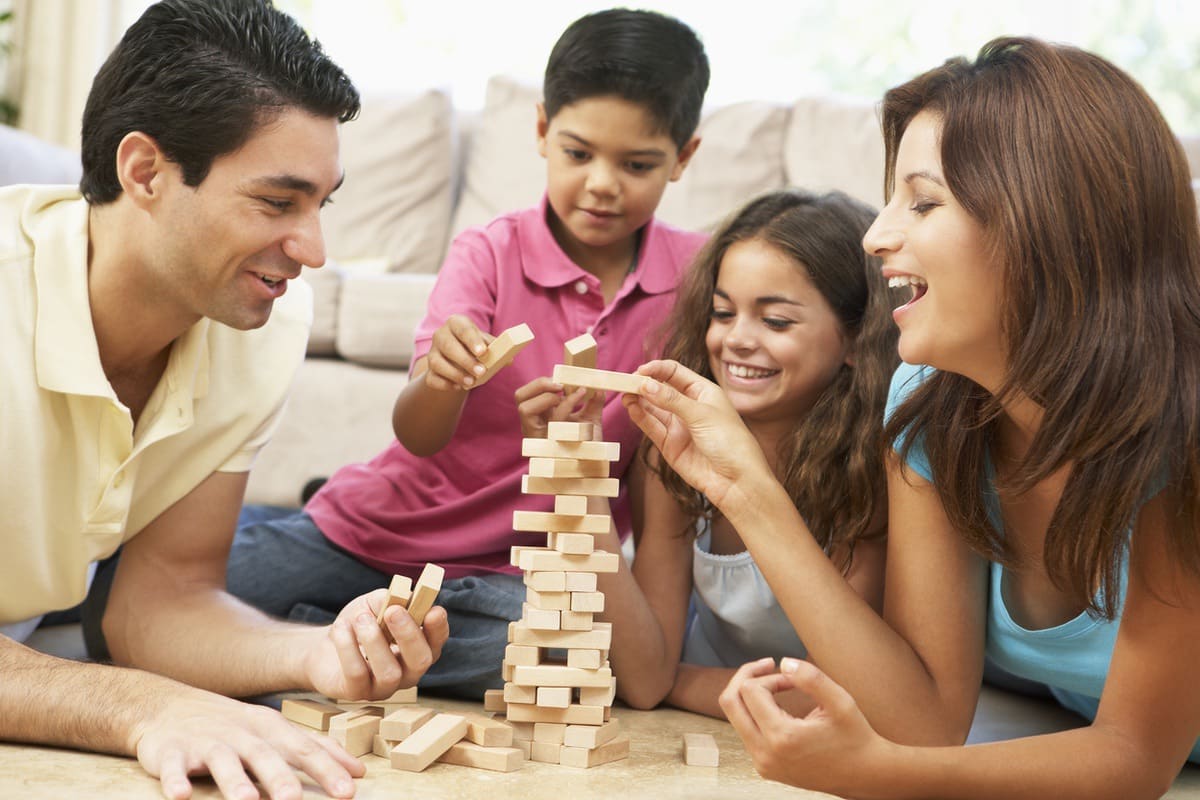Trouble tends to trickle down. In families it trickles down from stressed out parents, to irritated older siblings who then pick on younger siblings who eventually kick the dog, who then chases the cat. Children have less power, smaller voices and can have difficulty expressing their emotions, as they don’t have the vocabulary. Children are also highly attuned and influenced by the emotional state of their parents. We’ve all watched a toddler fall down, only to look at their mother, to determine if he is okay. Once mom claps her hands, smiles and says, “You’re fine, pop up”, they then decide that their scratch isn’t fatal.
Parents describe the following challenges: They are under greater economic stress, have fears about the future and are also suffering the emotional loss of socialization. Additionally, they are attempting to educate the children at home, while working themselves from the kitchen table. They are concerned that they are failing. Parents are also utilizing substances (as alcohol sales are up) as a negative coping mechanism. As alcohol sales rise, so does the incidence of domestic violence. Children are frequently the witness and the victims to these behaviors. Screening for substance-abuse and treating it, has great benefits for the children living in the homes where parents are using.
Social isolation is also harmful to all ages. Children specifically work out their problems and manage emotional states through play with other children. When they’re isolated from their peers, they feel the effects and long for friendships. Developmentally, teens are more connected to their friends, and use them as peer counselors and sounding boards.
Our center in mid-March to mid-July 2020, had an increase in service of new patients under the age of 18 years old of 422%, from the same period in 2019. These patients were reporting having symptoms of anxiety, panic attacks, isolation, disordered eating, sleep disruption, sadness, self-harm, low esteem, and generalized anxiety.
Is there a silver lining?
Most certainly there is!
Family therapists who work with children, look to help families find a balance between achievements and relationships. We frequently encourage a return to family game night, reading to children at night, playing with parents as a reward, family projects and educating parents about the important emotional and developmental aspects of spending family time. Quality family time is a protective factor in a child’s emotional well-being.
Spending time together as a family is also beneficial to adults. It is an opportunity for parents to step away from day-to-day worries and mindfully be in the moment. Children exemplify mindfulness, (leading to cortisol reduction) and can be great teachers to their parents to leave the day’s worries behind.
Those of us working in healthcare should also heed our own advice. We can spend more time with our families, to play games, go on a bike ride with young children/teens, or visit in person (or virtually) with adult children and grandchildren.
Health care workers can have a powerful impact on patients, through education regarding the negative impacts on all ages, with increased social isolation and stress. Education of patients to utilize healthy coping skills and avoid negative coping mechanisms can reduce the harmful effects of isolation and stress. Helping patients to normalize emotional distress and encourage treatment, drives shame reduction, leading patients to seek mental health care.
Kelly Lewallen, CEDS, EMDR-2, LMFT #37832
Desert Marriage & Family Counseling
43585 Monterey Ave #1,
Palm Desert, CA 92260
(760) 777-7720
reception@desertmarriagefamily.com

